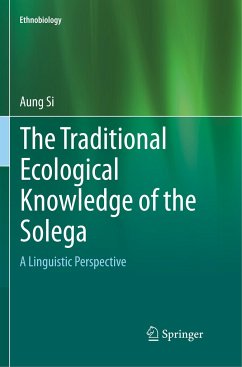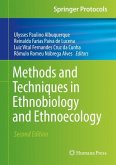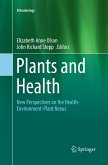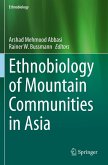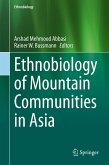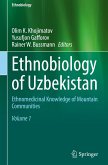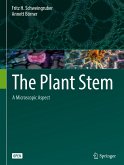This book covers the ethnobiology and traditional ecological knowledge (TEK) of the Solega people of southern India. Solega TEK is shown to be a complex, inter-related network of detailed observations of natural phenomena, well-reasoned and often highly accurate theorizing, as well as a belief system, derived from cultural norms, regarding the relationships between humans and other species on the one hand, and between non-human species on the other. As language-based studies are strongly biased toward investigations of ethno-taxonomy and nomenclature, the importance of studying TEK in its proper context is discussed as making context and encyclopedic knowledge the objects of study are essential for a proper understanding of TEK.
"The writing style is accessible to a broad audience, and it fills a gap in the linguistics literature on Solega language. More importantly, the book contains significant considerations for documentary linguistics as our field increasingly embraces the documentation of TEK as part of our regular practice." (Andrea L. Berez-Kroeker and Lucia Miller, Language Documentation & Conservation, Vol. 12, 2018)

